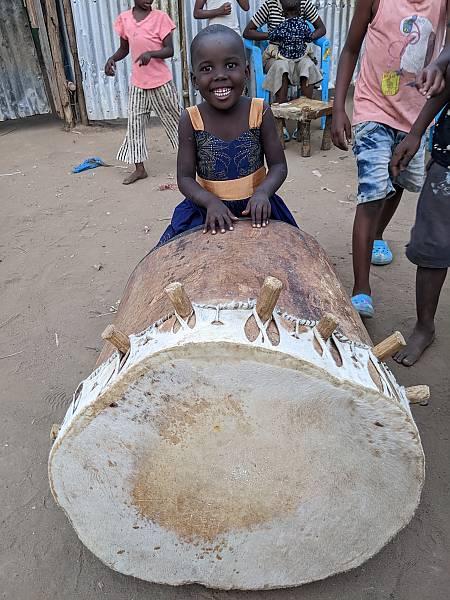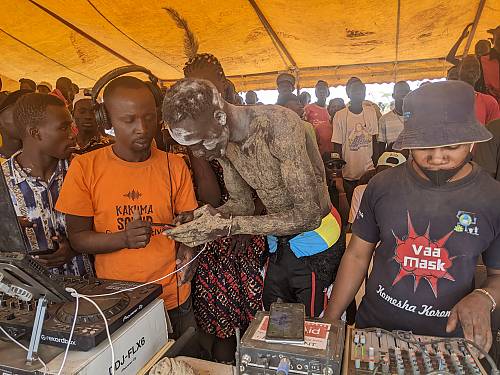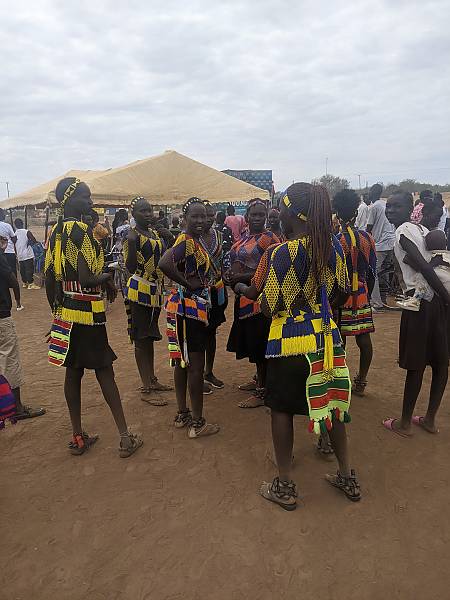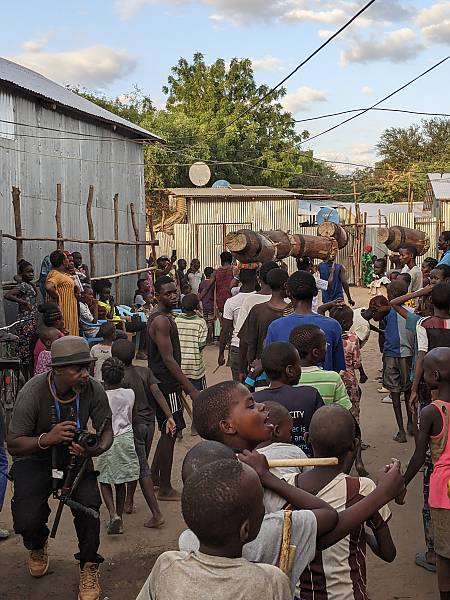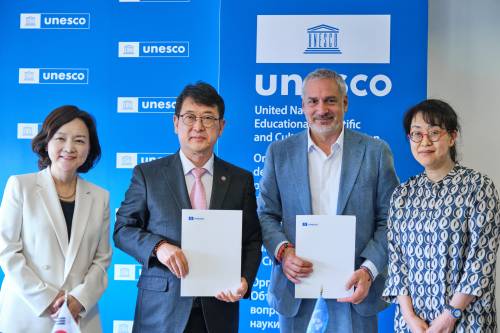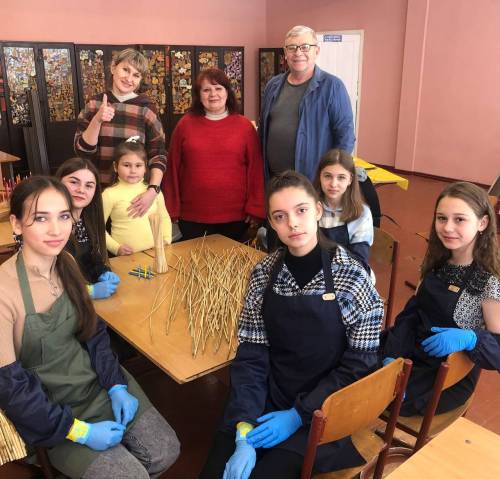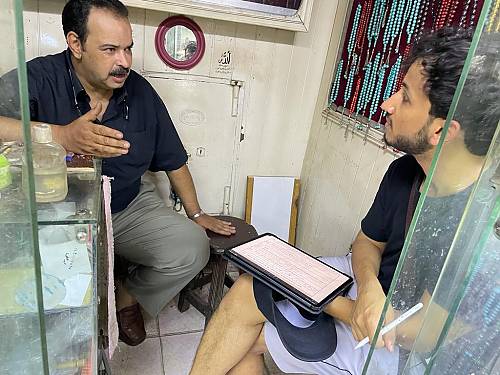An ongoing project being implemented by the UNESCO Regional Office for Eastern Africa in Kakuma Refugee Camp, Kenya, is calling attention to the important role of living heritage in promoting the resilience and social cohesion of refugee communities.
Kakuma refugee camp, located in the north-western region of Kenya, is one of the oldest ongoing refugee settlements, established in 1992, and the second largest in Africa, counting nearly 200,000 registered inhabitants. Refugees at the Kakuma camp come from countries across sub-Saharan Africa, including South Sudan, Somalia, the Democratic Republic of the Congo and Ethiopia, among others.The pilot project, supported by the Kenyan Ministry of Sports, Culture and Heritage and the United Nations High Commissioner for Refugees (UNHCR), and in collaboration with Kakuma Sounds, aims to leverage the power of intangible cultural heritage, in particular traditional musical practices, to foster dialogue, mutual understanding and reconciliation between the different groups in the camp.
As part of the project, communities living in Kakuma received training on the 2003 Convention for the Safeguarding of the Intangible Cultural Heritage and community-based approaches to conducting inventories and developing safeguarding plans. A six-day workshop was held in November 2022, bringing together 31 representatives from more than 20 different communities to learn about the importance of identifying the diverse intangible cultural heritage practices and expressions that exist within the camp, building resilience and promoting mutual appreciation for alternative ways of life. These workshops have shown the potential of living heritage to lessen inter- and intra-communal tensions by developing new solidarities and emphasizing shared values and identities.
A documentary is currently under development on the project and a festival is planned for June 2023 to showcase the diversity of living heritage and traditional musical practices within the camp.
For more information on the project, see:
- Diverse Traditional and Contemporary Rhythm, Music and Dance Rock the Kakuma Refugee Camp, Kenya and
- Strengthening capacities for safeguarding intangible cultural heritage in Eastern Africa.

